Solid block machine production is an essential process in the construction industry, allowing for the efficient manufacturing of high-quality solid blocks. These blocks are used for various purposes, such as building walls, pavements, and other structures that require durability and strength. This article will delve into the production process of solid block machines and highlight the key steps involved.
1. Raw Material Preparation
The first step in the production process is the preparation of raw materials. The main components for making solid blocks include cement, sand, gravel, and water. These materials are carefully measured and mixed to achieve the right consistency and uniformity.
2. Mixing and Molding
Once the raw materials are prepared, they are fed into a mixer machine. The machine ensures thorough mixing of the ingredients, resulting in a homogenous mixture. The mixture is then poured into molds, which are specifically designed according to the desired size and shape of the solid blocks.
3. Curing Process
After the molding process, the blocks need to undergo a curing process to attain their strength and durability. The molded blocks are placed in a curing chamber or under specific conditions, such as temperature and humidity, to promote proper hydration and hardening of the cement.
4. Demolding and Drying
Once the curing process is complete, the blocks are demolded from the molds. They are then transferred to a drying area where they are exposed to air for further hardening. This step is crucial to ensure that the blocks achieve the desired strength before being used in construction projects.
5. Quality Control
Quality control measures are implemented throughout the production process to ensure that the solid blocks meet the required standards. This includes regular testing of the raw materials, monitoring the mixing consistency, inspecting the molded blocks for defects, and conducting strength tests.
6. Packaging and Storage
Once the solid blocks have passed the quality control checks, they are ready for packaging. The blocks are stacked and secured in bundles or pallets to facilitate transportation and storage. Proper packaging is essential to prevent damage during handling and transit.
7. Distribution and Sales
The packaged solid blocks are then distributed to construction companies, contractors, and suppliers. These blocks are in high demand due to their strength and durability, making them an essential component in various construction projects. Manufacturers may also sell directly to consumers for smaller-scale applications.
8. Maintenance and Upkeep
In addition to the production process, it is crucial to maintain and upkeep the solid block machine to ensure its optimal performance. Regular cleaning, lubrication, and inspection of the machine's parts help to prevent breakdowns and extend its lifespan. This maintenance process ensures continuous production of high-quality solid blocks.
Conclusion
The production process of solid block machines involves several crucial steps, from raw material preparation to distribution. Each step plays a vital role in ensuring the quality and durability of the solid blocks produced. By adhering to strict quality control measures and maintaining the machine properly, manufacturers can meet the demands of the construction industry for reliable and long-lasting solid blocks.




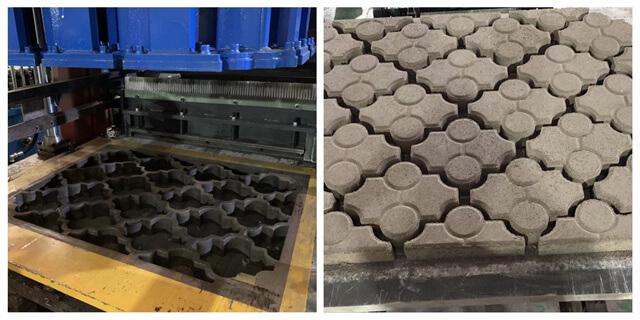
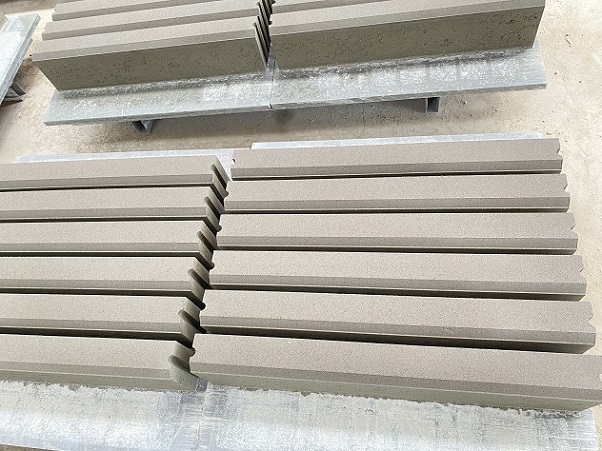
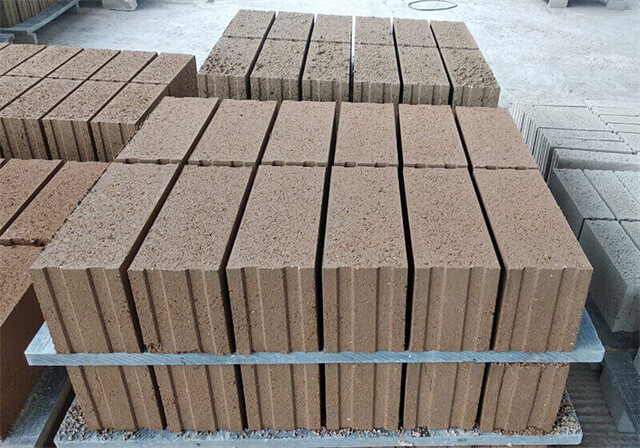
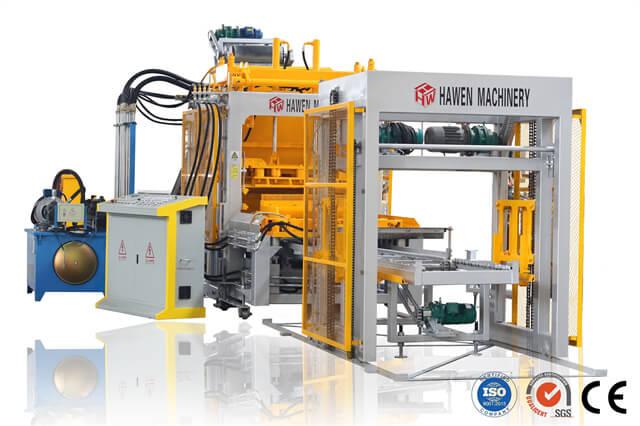
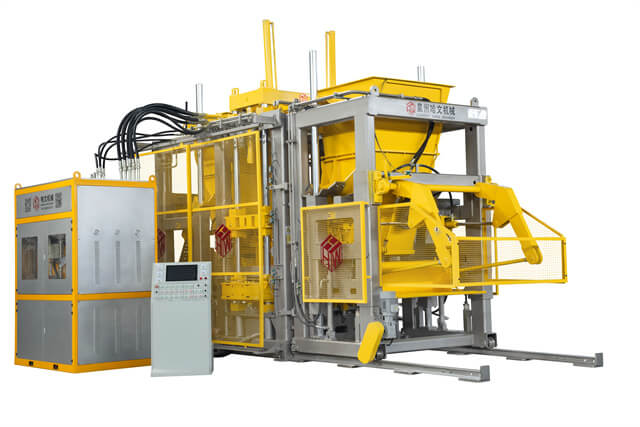
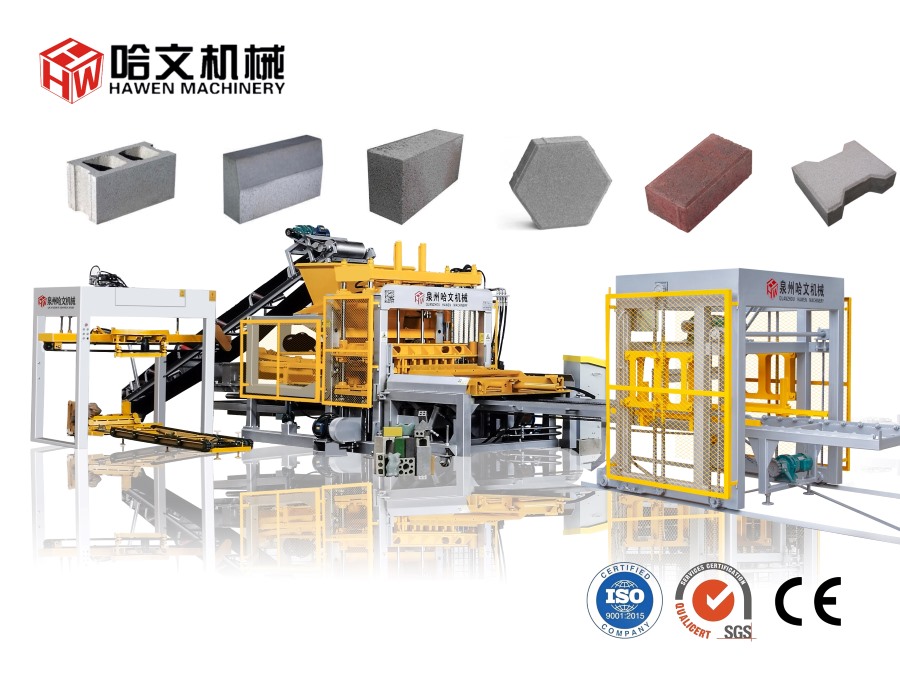
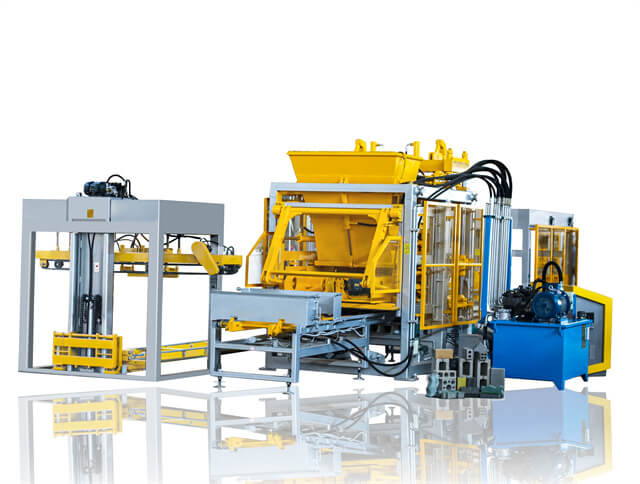
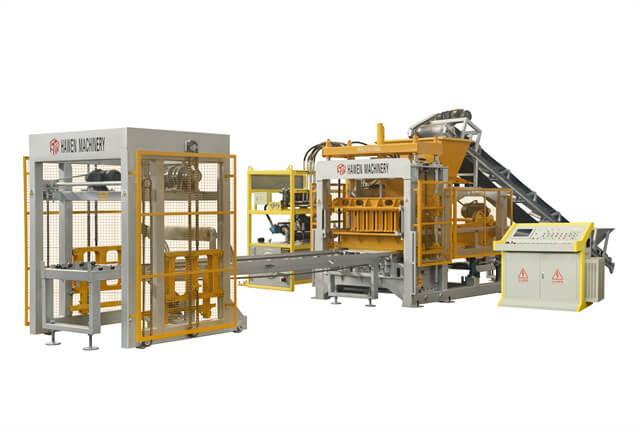
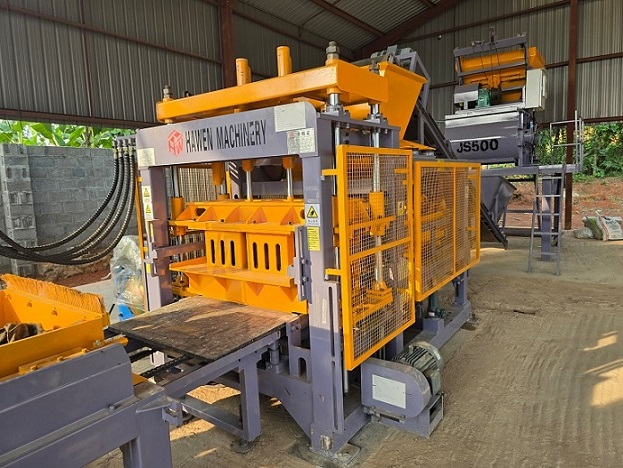
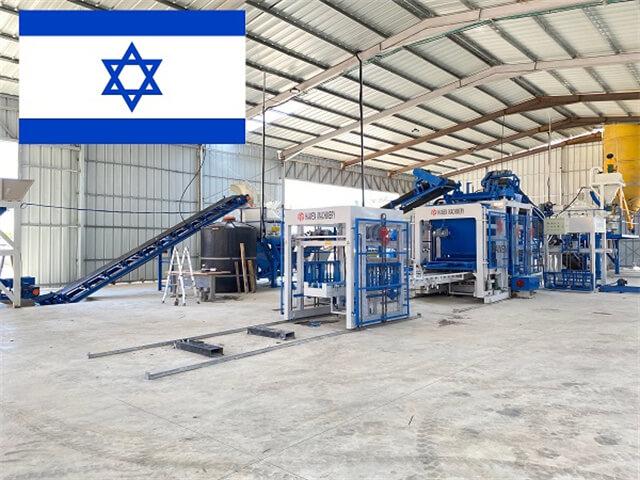
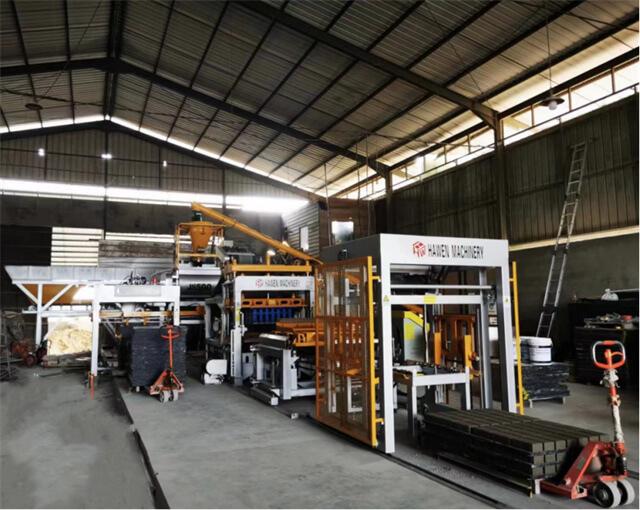


 Tel: +86-13905968794
Tel: +86-13905968794 Email: export@hwmachines.com
Email: export@hwmachines.com MP/WhatsApp: +86-13905968794
MP/WhatsApp: +86-13905968794 Manufacturer Address:Nanan,Quanzhou City,Fujian Province,China
Manufacturer Address:Nanan,Quanzhou City,Fujian Province,China




